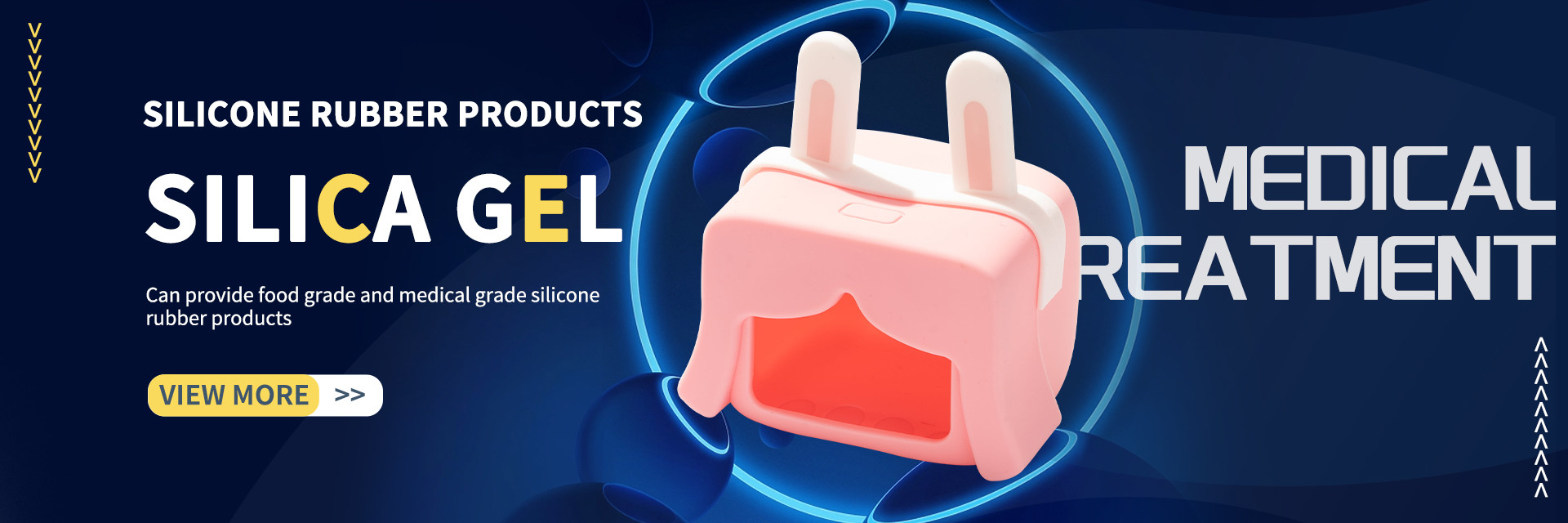Solution case of silicone button problem in Indian customer coffee machine.
Case Background
A small coffee machine manufacturer in Mumbai, India, is actively expanding into the local mid to low end coffee machine market with the thriving coffee culture in the area. The customer learned about our rich experience in customized silicone accessories for coffee machines through the case center of our silicone rubber foreign trade website - especially after paying attention to our successful cases of providing silicone buttons for multiple international brands. In the third quarter of 2024, we initiated a consultation and hope to purchase a batch of coffee machine silicone buttons that are suitable for their main models. The initial trial order quantity is 5000 sets.
The customer clearly stated the core requirements: the buttons need to be adapted to high-frequency usage scenarios in Indian households and small coffee shops, with good rebound performance, high temperature resistance (the temperature in the button area can reach 60-80 ℃ when the coffee machine is working), and clear and wear-resistant character printing. We have completed the quotation and sample production based on the drawings provided by the customer. After the samples are confirmed to be qualified by the customer, both parties will sign a trial order contract, agreeing to complete the delivery within 45 days.
Problem arises
After the goods were delivered to the customer's factory and partial installation testing was completed, the procurement manager of the Indian customer immediately reported an urgent issue via email: some silicone buttons showed slow rebound and slight edge deformation after simulating daily use (continuous pressing 1000 times) and high-temperature testing, and a few laser engraved characters on the surface of the buttons showed blurry signs, which could not meet their product quality inspection standards. The customer emphasized that if this issue cannot be resolved in a timely manner, it will not only lead to the stagnation of their entire production line, but may also result in the wrong sales window during the peak season. They requested that we provide a clear solution within 72 hours.
Rapid response and problem tracing
After receiving feedback, we immediately activated the foreign trade emergency response mechanism:
1. Instant communication: Arrange a dedicated business manager to have a video conference with the customer within 2 hours, recording in detail the specific manifestations, occurrence rates, and testing environment of button problems, and requesting the customer to send back 30 sets of problem samples for technical analysis. At the same time, promise to provide a preliminary solution within 48 hours.
2. Technical breakthrough: After the sample is sent, the technical team immediately conducts comprehensive testing. Through thermogravimetric analysis (TGA) and mechanical performance testing, it was found that there are two main root causes of the problem: firstly, the installation gap of the customer's model's buttons is slightly smaller than the conventional size. Although the hardness of our original formula silicone (Shore A 50 degrees) meets the general standard, its deformation recovery ability under high-frequency pressing is insufficient; Secondly, in some regions of India, the ambient temperature is relatively high, and the proportion of high-temperature resistant additives in the original formula is not fully matched for its extreme use scenarios, resulting in a decrease in the elasticity of silicone gel under high temperatures; The blurred characters are due to the customer not explicitly requesting PU coating protection, and conventional laser engraving processes are unable to withstand high-frequency friction.
3. Solution output: The technical team will develop a targeted improvement plan within 24 hours based on the test results: ① Adjust the silicone formula, add an appropriate amount of cerium oxide heat-resistant additive on the original basis, and fine tune the silicone hardness to Shore A 48 degrees, taking into account both rebound performance and high temperature resistance; ② Optimize production process, perform secondary trimming treatment on button edges to ensure perfect fit with the installation gap of customer models; ③ Additional PU coating process is added to improve the wear resistance of characters, and this process upgrade does not increase customer costs; ④ Urgently produce 100 sets of improved samples and send them to India via international express delivery, ensuring delivery within 5 days.
Problem solving and trust building
After the improved version of the sample was delivered, strict testing was immediately carried out: there was no delayed rebound after 2000 consecutive presses, and there was no deformation after being placed at a constant temperature of 80 ℃ for 48 hours. The characters remained clear after friction testing. The customer highly recognizes the timeliness and effectiveness of the solution and immediately proposes production requirements for the remaining orders.
To completely dispel customer concerns, we have simultaneously adopted two value-added services: ① providing detailed formula adjustment reports and high-temperature and wear resistance testing reports issued by third-party testing agencies; ② We promise to extend the warranty period of the improved version of the product from the regular 6 months to 12 months. If similar problems occur, we will replace it unconditionally and free of charge. At the same time, the production department adjusted the schedule and shortened the original 20 day production cycle to 12 days to ensure that customers can resume production line operations as soon as possible.
Transaction and long-term cooperation
In March 2025, 5000 sets of improved silicone buttons were successfully delivered and all were installed and put into the market after passing the customer's full inspection. Subsequent follow-up revealed that coffee machines equipped with our silicone buttons have received positive feedback in the Indian market, with a button failure rate of less than 0.5%.
With our efficient problem-solving ability and responsible service attitude, we have not only signed an annual long-term supply agreement with our company (expected to purchase 30000 sets annually), but also recommended our partner, another small coffee machine manufacturer, to us. After visiting the case center of our foreign trade website, the customer quickly reached a procurement cooperation agreement for the first batch of 2000 sets of silicone buttons.
Case Insights
In foreign trade cooperation, timely response to product issues can win customer trust more than early quotations, especially for emerging market customers such as India. Efficient after-sales solutions are the key to establishing long-term cooperation.
2. Customized silicone rubber products should fully consider the actual usage scenarios of customers, optimize product formulas according to the environmental characteristics of different regions (such as high temperature, high humidity, etc.), and avoid problems caused by "universal solutions".
The real problem solving cases in the case center of foreign trade websites are an important carrier to showcase the technical strength and service level of enterprises, which can effectively reduce potential customers' cooperation concerns and improve conversion efficiency.

 Your message must be between 20-3,000 characters!
Your message must be between 20-3,000 characters! Please check your E-mail!
Please check your E-mail!  Your message must be between 20-3,000 characters!
Your message must be between 20-3,000 characters! Please check your E-mail!
Please check your E-mail! 

